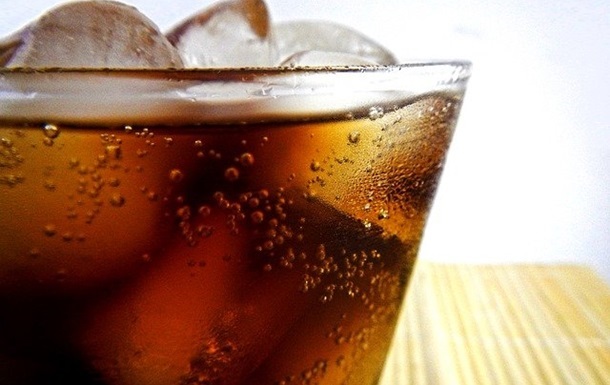The risk of diabetes with regular diet drinks has been found to be higher than with sugary drinks.
The effect of artificial sweeteners bypasses obesity, unlike regular sugary drinks, a study shows.
New data from Australia is questioning the reputation of diet drinks as a safe alternative to sugary soda. According to New Atlas, a study lasting almost 14 years has shown that drinking just one can of diet soda a day increases the risk of developing type 2 diabetes by 38%.
The unique work, conducted by researchers at Monash University, covered more than 36,000 people aged 40 to 69. Studying data from participants in the Australian cohort study, scientists compared the consumption of both sugary drinks and artificial sweeteners – from rare consumption to daily.
The results were unexpected: the risk of diabetes with regular consumption of diet drinks was higher than with sugary drinks. At the same time, the link between regular soda and diabetes almost completely disappeared when obesity factors were taken into account – in contrast, the risk remained high in the group with sweeteners even after adjusting for body mass index and waist circumference.
This suggests that the effect of artificial sweeteners may bypass obesity. Among the possible reasons – the effect on the intestinal microflora or changes in glucose metabolism. Some sweeteners, such as aspartame and sucralose, can affect insulin levels, cause glucose tolerance or even disrupt the body’s ability to accurately respond to sweets.
The authors of the study call for a review of food policies. “We support taxes on sugary drinks, but we should not forget about diet options that can also pose risks,” says Professor Barbora de Courtin. She says current food policies often ignore the potential risks of calorie-free drinks, and new evidence suggests that artificially sweetened products need as much attention as sugar.


